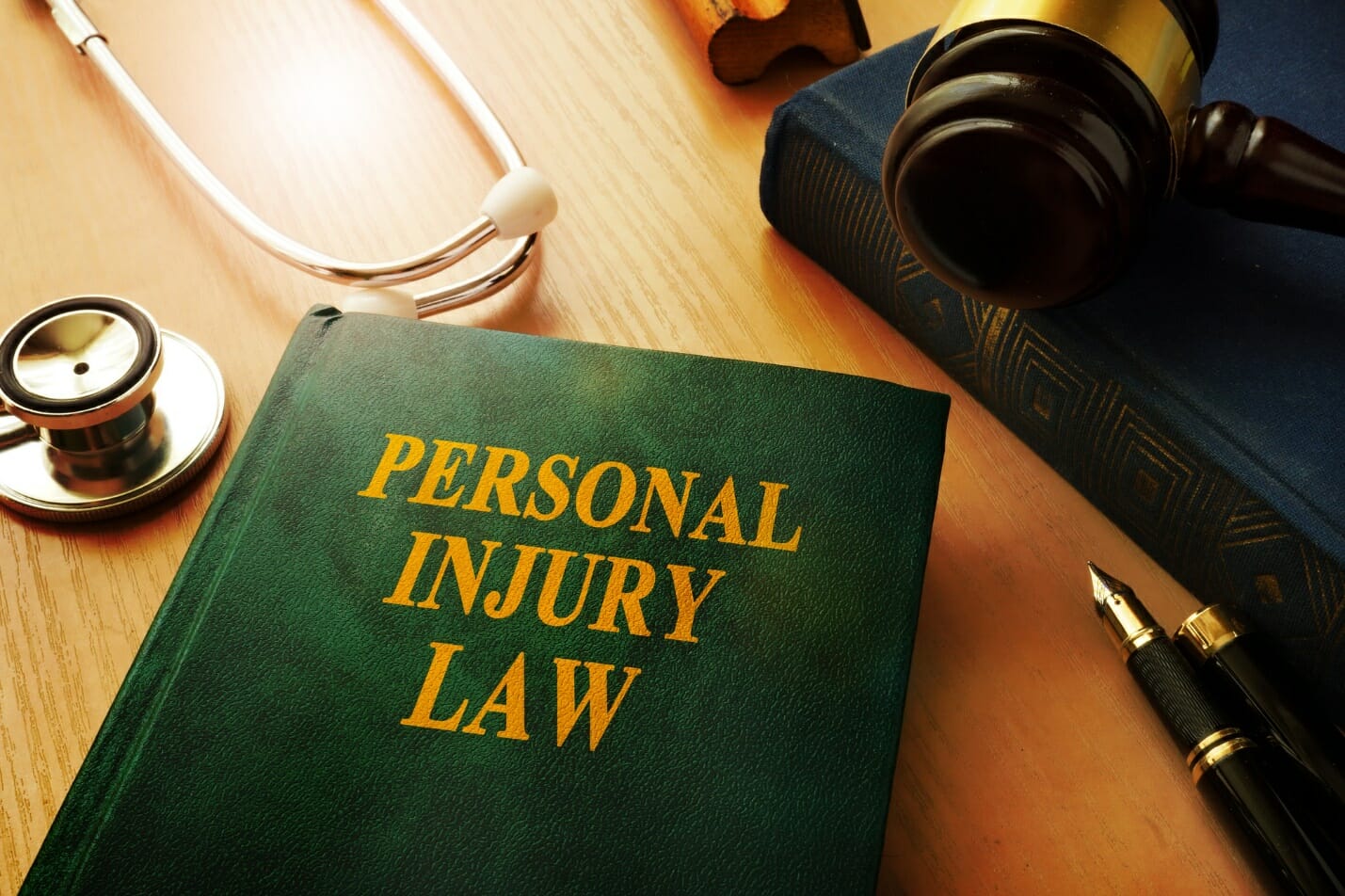Filing a personal injury claim can feel intimidating, especially when dealing with the aftermath of an accident. Whether it’s a car crash, a slip and fall, or a workplace injury, understanding the process is key to seeking the compensation you deserve. In a bustling city like Las Vegas, where accidents can happen in various settings, knowing how to approach a personal injury claim can save time and stress.
Assessing Your Injury and Liability
The first step in filing a personal injury claim is to evaluate the severity of your injury and determine liability. After an accident, getting medical attention should be your top priority. Not only does this protect your health, but it also creates a medical record that can support your claim. Keep all documentation, including hospital bills, prescriptions, and doctor’s notes, as they help demonstrate the extent of your injuries.
Collecting evidence at the scene is equally important. Photos of the location, damage, or hazards can provide valuable context. If there are witnesses, get their contact information so they can verify what happened. Liability must be established by showing how another party’s actions—or lack of actions—led to the injury. This could involve a distracted driver, a negligent property owner, or an unsafe workplace.
Finding Legal Support
Filing a personal injury claim is not a simple process, especially in Nevada, where specific laws and regulations govern these cases. In Las Vegas, local legal professionals are well-versed in the complexities of personal injury claims. A knowledgeable attorney can guide you through the steps, help you meet important deadlines, and represent your best interests.
When facing a legal process in a city like Las Vegas, it’s vital to seek guidance. Las Vegas personal injury attorney services offer the expertise to help clients understand their rights and pursue fair compensation. Whether dealing with insurance companies or gathering evidence, their experience can make the process more manageable.
Steps to Filing a Personal Injury Claim
Once you’ve assessed your injury and established liability, the next phase is formally filing your personal injury claim. This process involves several steps that require attention to detail and a strategic approach. Acting promptly is important, as Nevada law imposes a statute of limitations on personal injury cases.
The first step is notifying the responsible party and their insurance company about your intent to file a claim. This notification starts the legal process and signals your intent to seek compensation. Be prepared to provide basic information about the accident, but avoid making detailed statements without consulting your attorney.
With your attorney’s help, gather and organize evidence to support your claim. This includes medical records, photos from the accident scene, witness statements, and any incident reports. Strong documentation strengthens your position and helps demonstrate the impact of the injury on your life.
A demand letter is typically the next step. This document outlines the details of the accident, the injuries you sustained, and the compensation you are seeking. Your attorney can help craft a clear and persuasive letter, which is sent to the responsible party’s insurance company. The demand letter is often the starting point for settlement negotiations.
Understanding the Types of Compensation Available
When filing a personal injury claim, it’s important to understand the types of compensation you may be eligible to receive. These damages can cover both tangible and intangible losses caused by the accident.
Medical expenses are often the most immediate concern. Compensation can include hospital bills, surgeries, therapy, and ongoing medical care. If the injury impacts your ability to work, lost wages or diminished earning capacity may also be recoverable.
For non-economic damages, you might pursue compensation for pain and suffering, which accounts for physical pain and emotional distress. Property damage from the accident, such as vehicle repairs, can also be included in the claim.
Finally, you may be reimbursed for out-of-pocket expenses related to the injury, such as transportation or hiring home assistance. Understanding these categories helps clarify what you’re entitled to seek, giving you a better sense of your claim’s potential value.
Negotiating with Insurance Companies
Insurance companies play a major role in personal injury claims, and their goal is often to minimize payouts. This can involve questioning the severity of your injuries, disputing liability, or offering settlements far below what you need to cover your losses.
This is where your attorney’s expertise becomes critical. They can handle communications with the insurance company, present evidence to counter their arguments, and advocate for fair compensation. Your attorney will aim to negotiate a settlement that addresses your medical expenses, lost wages, and other damages related to the injury.
Patience is key during this phase. While it might be tempting to accept the first settlement offer, it’s important to evaluate whether it truly meets your needs. Rushing into an agreement could leave you without the resources necessary to recover fully.
When to Consider Going to Court
In some cases, negotiations with the insurance company may not lead to a satisfactory settlement. If this happens, filing a lawsuit and taking the case to court might be necessary. Although most personal injury claims are resolved out of court, litigation provides an opportunity to present your case before a judge or jury.
Your attorney will play a vital role in this process, helping you prepare for trial, presenting evidence, and making a compelling argument on your behalf. While going to court can be time-consuming, it may be the best way to secure the compensation you deserve if negotiations fail.
Filing a personal injury claim is a multi-step process that requires careful planning, clear evidence, and professional guidance. From assessing your injury to negotiating with insurance companies or even taking the case to court, each phase demands attention and effort. With the right legal support, you can navigate the process confidently and pursue the compensation needed to recover and move forward. While the journey may feel challenging, the outcome can provide the resources you need to rebuild after an injury.




